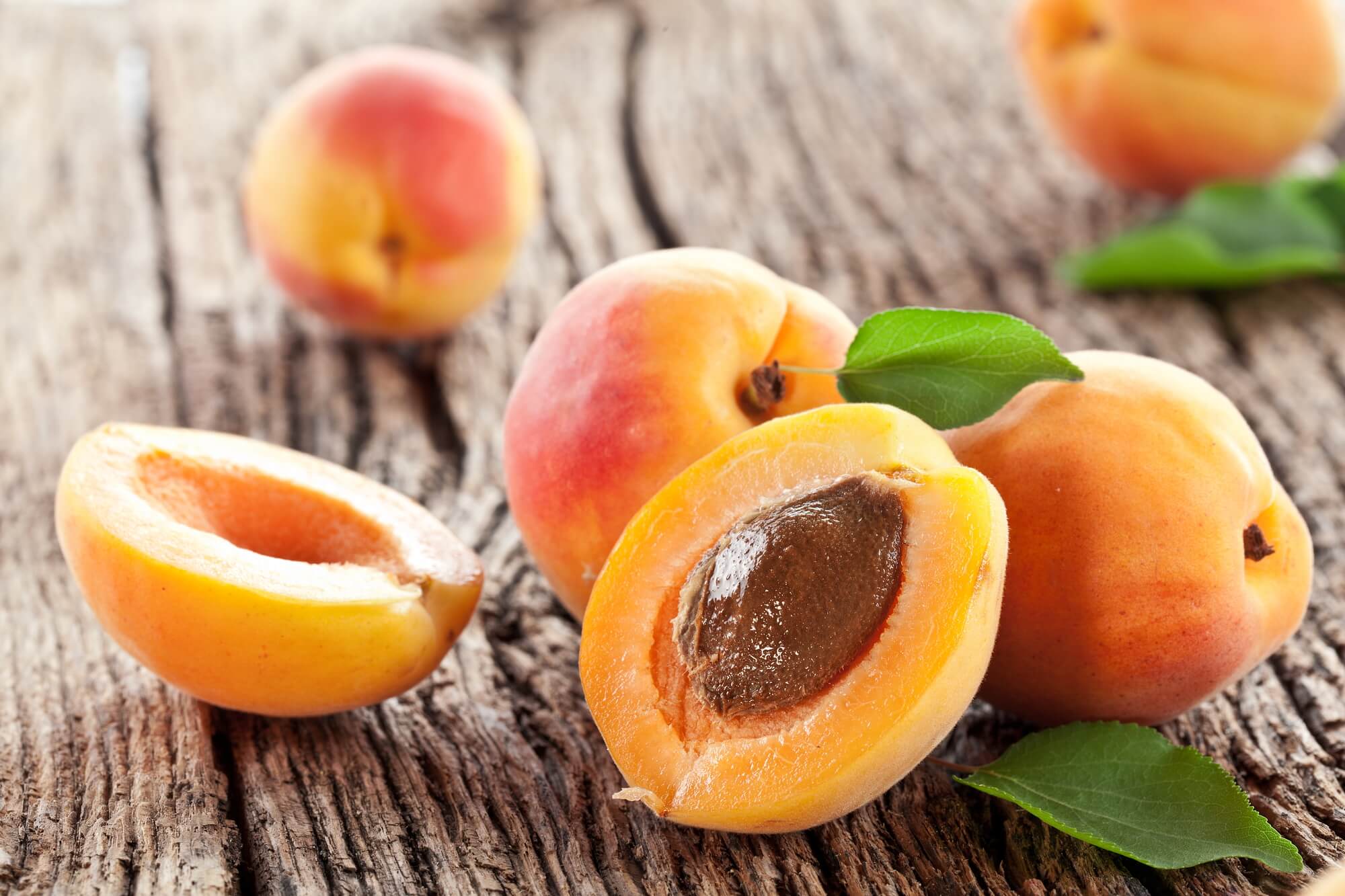APRICOT
APRICOT
Apricots, scientifically known as Prunus armeniaca, are small, round or oval fruits with a velvety skin and a juicy, sweet-tart flavor. They belong to the Rosaceae family, which includes various other fruits like peaches, plums, and cherries. Apricots are believed to have originated in Central Asia and are now grown in various parts of the world, especially in regions with warm climates. They are enjoyed both fresh and dried, and they hold culinary, nutritional, and cultural significance.
Product Detail
Apricots, scientifically known as Prunus armeniaca, are small, round or oval fruits with a velvety skin and a juicy, sweet-tart flavor. They belong to the Rosaceae family, which includes various other fruits like peaches, plums, and cherries. Apricots are believed to have originated in Central Asia and are now grown in various parts of the world, especially in regions with warm climates. They are enjoyed both fresh and dried, and they hold culinary, nutritional, and cultural significance.
Apricots typically have a golden-orange hue, although there are also varieties with shades of red and even pale yellow. The fruit is usually around 1.5 to 2 inches in diameter and has a single large pit or stone at the center. There are different varieties of apricots, each with its unique flavor, size, and appearance.
Apricots are a nutritious fruit that provides several essential vitamins, minerals, and dietary fiber. They are a good source of vitamin A, vitamin C, and potassium. Vitamin A is important for maintaining healthy skin and vision, while vitamin C acts as an antioxidant, helping to protect cells from damage. Potassium is crucial for maintaining proper fluid balance, nerve function, and muscle contractions. Additionally, apricots contain dietary fiber, which supports digestion and helps regulate blood sugar levels.

